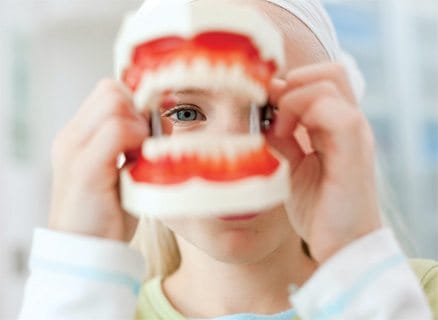When we think of controlling celiac disease we usually think of food – people with the disease must not eat anything that contains gluten. But now a team of researchers is looking at whether exercise may also play a role in managing the condition.
“We know that people with celiac disease often have a dysbiosis [microbial imbalance] in their gut microbiome and new research is showing that exercise can help promote a healthy balance of the gut microbiome,” says Justine Dowd, a health psychology researcher at the University of Calgary in Alberta, who has celiac disease.
High Intensity Training
The program, called MOVE-C, is enrolling 60 adults who do not currently exercise and putting them on a 12-week exercise program that becomes progressively more intense. Participants will use elliptical trainers, treadmills, skipping ropes and bikes in 30- to 60-second high-intensity intervals.
The researchers are using interval training, rather than steady, lower-intensity exercise for a reason: research in rodents is showing that this form of training may be more effective at improving the gut microbiome.
Stool samples will be collected to look for changes in the microbes in participants’ guts. People in the study will also be given information on the importance of eating whole foods and developing good sleep habits.
Holistic Approach
“My whole area of research is developing holistic strategies that are evidence-based to help people manage celiac disease,” says Dowd. “There are so many people living with the disease. I believe strategies need to be created to effectively manage it and feel good,” she says.
Dowd has also developed an app, called MyHealthyGut, that gives information on good food to eat, and provides a way to record symptoms.
Down the road, her goal is to have a research program to assist people with celiac disease and other gastrointestinal diseases like irritable bowel syndrome, “to look at how to help them feel better so we are reducing burden on health-care system.”






